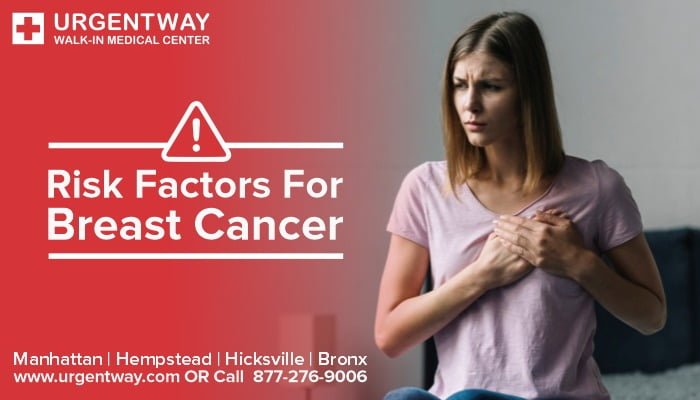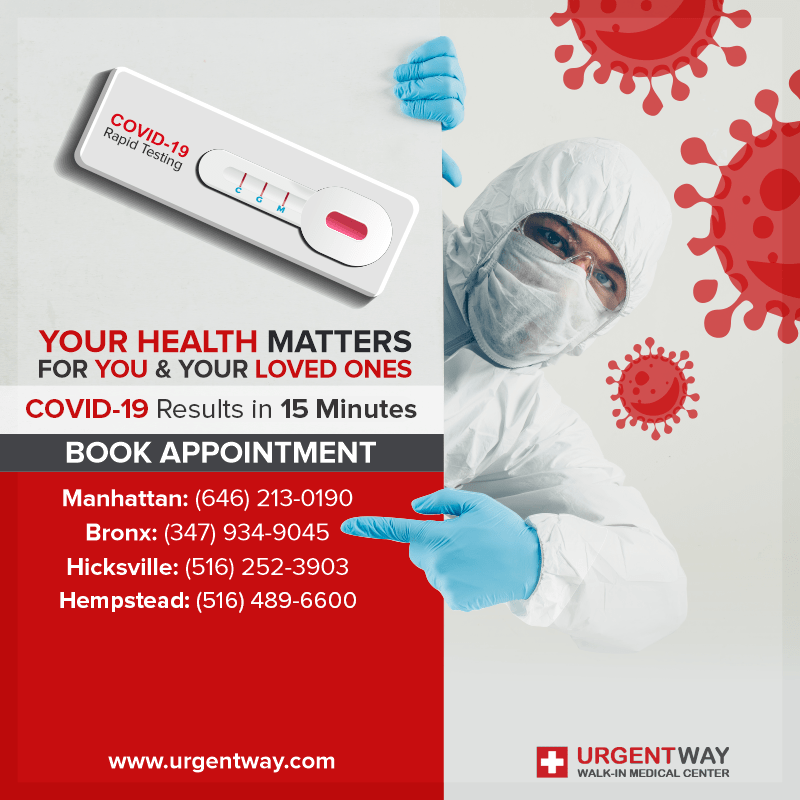The unusual development of cells in the bosom region is known as breast cancer. These unusual cells can possibly outgrow control and capacity to attack the encompassing tissue. As per WHO in the year 2020 there were 2.3 million women determined to have this disease and the international demise tally was 685,000. In recent five years 7.8 million ladies determined to have this disease. Breast cancer extensively happens in two classifications
- Invasive
- Non-invasive
Invasive Breast Cancer
Breast cancers are mostly invasive. Invasive means cancerous cells spread from the original site to other body parts. As these cancerous cells grow, they break breast tissue barriers and make their way to other parts of the body through blood circulation.
Types of Invasive Breast Cancer
Types of invasive breast cancer are
- Invasive ductal carcinoma
- Invasive lobular carcinoma
- Inflammatory breast cancer
- Paget’s disease of the breast
- Angiosarcoma of the breast
- Phyllodes tumor
Non-invasive Breast Cancer
In non-invasive breast cancer, cancerous cells remain in a particular location of the breast, without spreading to other sites. This is also known as In Situ.
Types of In Situ
There are two types of in situ cancer
- Ductal carcinoma in situ (DCIS)
- Lobular Carcinoma in situ (LCIS)
Symptoms of Breast Cancer
The following are symptoms of breast cancer
- Pain in the breast area
- Any unusual Change in the size and shape of the breast
- Irritation or dimpling of breast skin
- Swelling or thickening of any part of the breast
- Lump in the breast or armpit
- Discharge from nipples other than milk, including blood
- Redness on breast area or flaky skin
In the event that you face any of the above-given indications of breast cancer should contact your doctor as soon as possible. The presence of a bump in the bosom isn’t generally implied that you have breast cancer, it is only one of the symptoms of breast cancer. A bump in your bosom can be a cyst or fibrocystic breast condition.
Risk Factors for Breast Cancer
Risk factor for breast cancer means anything that makes it more likely that you will get breast cancer. But if you have one or even several risk factors for breast cancer it doesn’t necessarily mean that you will develop breast cancer. Many women develop it even without any risk factors.
The following are risk factors for breast cancer.
- A personal history of breast condition. If you’ve had lobular carcinoma, you have a high risk of breast cancer.
- A family history of breast cancer. If someone in your family was diagnosed with breast cancer, your risk of breast cancer increased.
- Inherited genes that increase cancer risk. Certain mutations in genes that are passed from parents to children increase the risk of breast cancer. The most known mutations are BRCA1 and BRCA2.
- Radiation exposure. If you ever received radiation treatments, your risk of breast cancer is increased.
- If you have obesity that increases the risk of breast cancer.
- Having your first child at an older age. Women giving birth to their first child after the age of 30 years may have an increased risk of breast cancer.
- Having never been pregnant. Women who have never been pregnant have a high risk of breast cancer.
- Drinking alcohol. Women who drink alcohol have an increased risk of breast cancer.
Top Breast Cancer Causes
We realize that bosom malignancy happens because of the unusual development of breast cells. Division of these cells is more rapid than healthy cells and these abnormal cells continue to accumulate forming a lump. These cells may spread to lymph nodes or other parts of the body.
In most cases, cancer cells in the breast begin to grow in milk-producing ducts (invasive ductal carcinoma). Breast cancer may also begin in lobules (invasive lobular carcinoma) or other cells or tissue of the body. According to researchers breast cancer majorly depends upon the following factors.
- Hormonal factors
- Environmental factors
- Lifestyle
- Genetic makeup
- Inherited breast cancer
These may be the top breast cancer causes and may increase your risk of developing breast cancer. But it’s not clear why some people with no risk factors develop breast cancer and people who do have one or several risk factors still never develop it. 5 to 10 percent of people develop breast cancer due to mutation in genes passes through inheritance.
Breast Cancer Risk Reduction for Women
You can reduce breast cancer risk by making changes in your daily life.
- Ask your doctor about breast cancer tests and screening, such as clinical breast exams and mammograms.
- Try to avoid alcohol consumption
- Exercise daily
- Maintain healthy weight
- Choose a healthy diet
If someone encounters high-risk factors for breast cancer according to their doctor’s assessment or they have a precancerous breast condition, they should visit their primary care physician. Risk factors of breast cancer for women carrying high risk can be reduced by preventive medications such as estrogen-blocking medication. These medications carry side effects risk. Women with a high-risk factor of breast cancer may choose to surgically remove their healthy breasts, known as prophylactic mastectomy.



